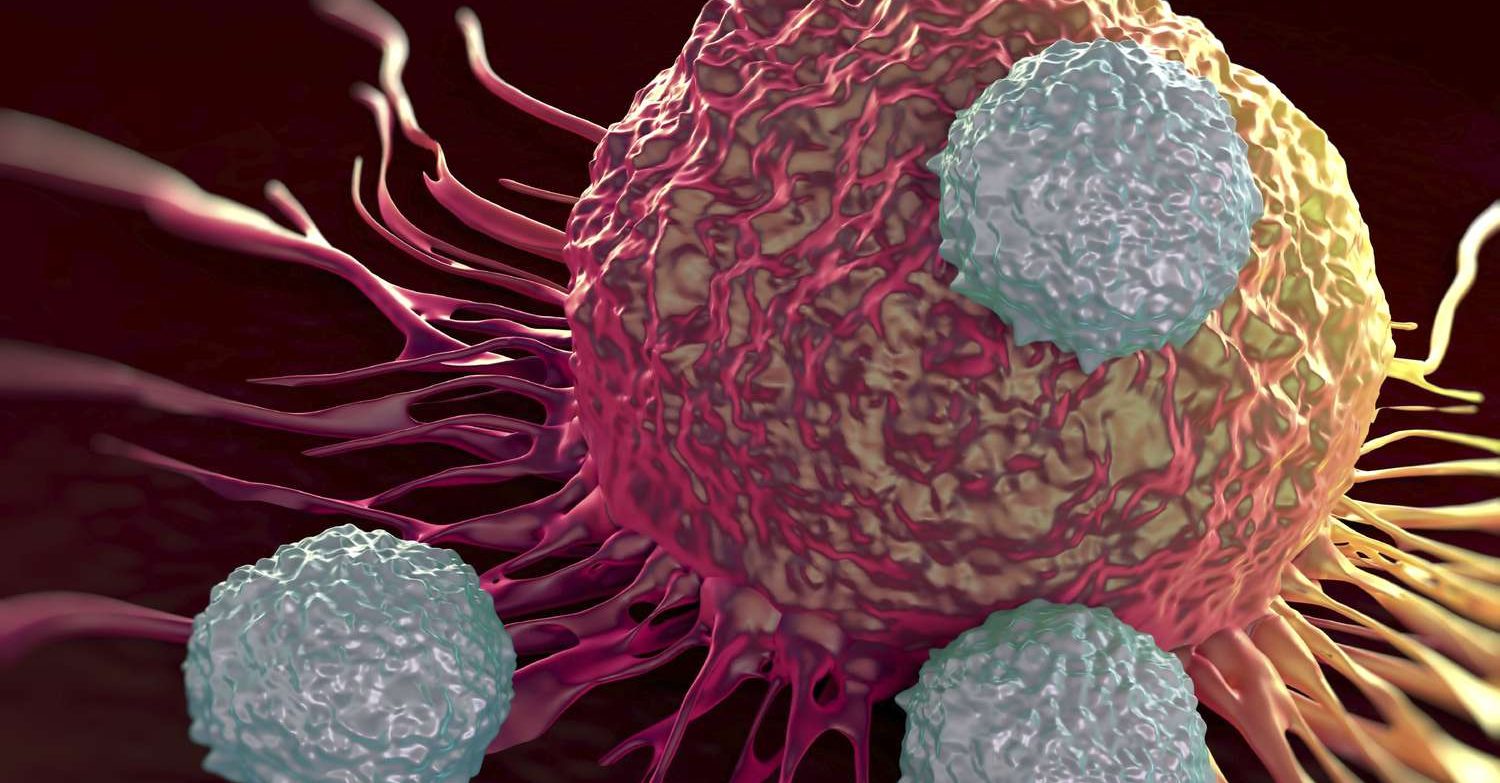Doctors urge more research on the use of psilocybin and other psychedelics for women’s cancer distress
It’s time to stop prevaricating and explore the use of psilocybin—the active ingredient in ‘magic mushrooms’—and other psychedelics to ease the often overwhelming distress faced by women with late stage gynecological cancers, urge doctors in a commentary published online in the International Journal of Gynecological Cancer.
Conventional ‘gold standard’ psychotherapeutic approaches, such as cognitive behavioral therapy (CBT), take too long to change old habits and require too much stamina, suggest the authors from the University of Texas MD Anderson Cancer Center in Houston.
“Women with gynecologic cancers face various physical and psychological challenges throughout their treatment journey. Late stages associated with poor prognosis, along with chronic side effects of treatment, often leave women with existential uncertainty stemming from unpredictable disease trajectory and continuous fear of death,” they point out.
They cite a recent case of a young woman with advanced ovarian cancer whose “fear for her future was real and overwhelming,” but who had neither the time nor the stamina for the options available to ease her distress.
This case is one of many, they highlight. “Up to a quarter of ovarian cancer patients report depression, anxiety, and death anxiety. This is not limited to ovarian cancers, as many gynecologic cancers are unfortunately diagnosed in young women where the burden of anxiety and fear is even greater, often related to the fact that young children may lose their mother.”
Source
BMJ Journal reference: Yaniv, D., et al. (2023) Psilocybin-assisted psychotherapy for cancer-related anxiety and depression. International Journal of Gynecological Cancer. doi.org/10.1136/ijgc-2023-004659.”
Psychedelics and specifically psilocybin, have shown promise in treating various psychological symptoms including anxiety, depression, post-traumatic stress disorder, and end-of-life distress, they say, and the results of studies of people with other types of cancer have been encouraging, they suggest.
The evidence to date suggests that psilocybin works in similar ways and is as effective as antidepressants, with few or no side effects. And more importantly it exerts its beneficial effects when combined with psychotherapy in just one or two sessions, they say.
They highlight a recent pooled data analysis of 10 clinical trials which found that one or two doses of psilocybin had rapid and sustained antidepressant effects that lasted for up to 6 months.
“Concerns regarding psilocybin’s potential for recreational abuse or mental illness have not materialized, and data suggest psilocybin use may actually be protective against psychological distress and suicidality,” they add.
They conclude: “Considering the prevalence of existential distress among ovarian and other gynecologic cancer patients and the potential benefits and safety of psychedelics, there is a clear need for more well-designed protocols prioritizing safety and exploring psilocybin, and other psychedelics, in this vulnerable population.”
To this end, the authors reveal that they plan to begin a trial in 2024, looking at the impact of psilocybin on patients with advanced cancer who are experiencing anxiety and depression associated with their illness.



